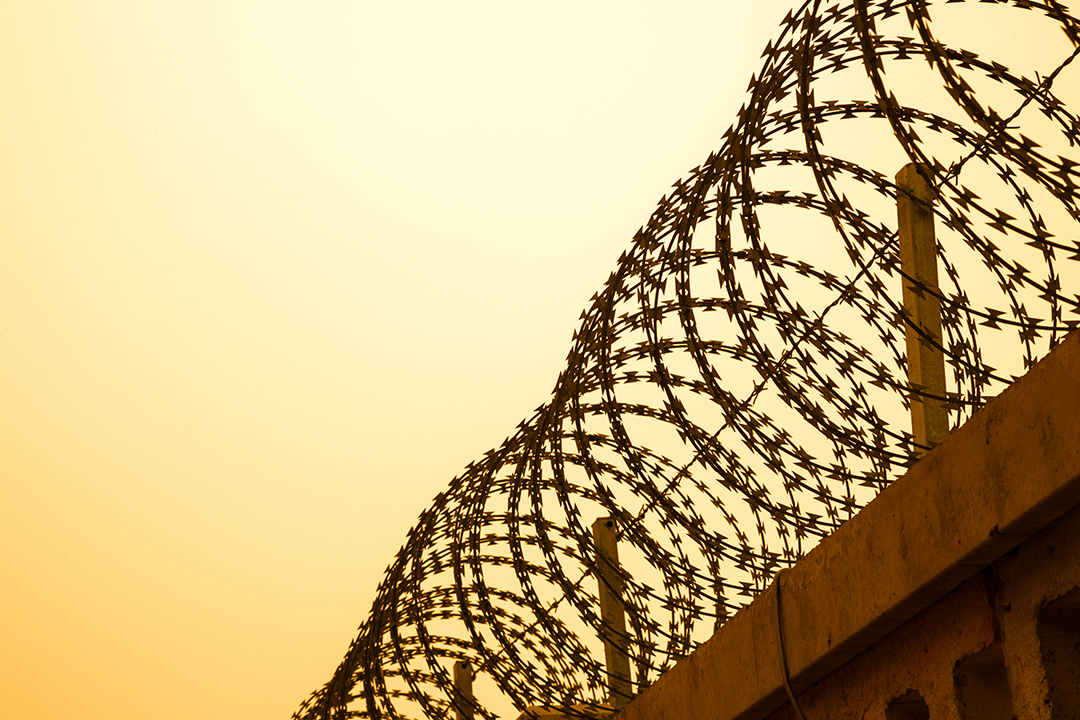The United States is known as the land of opportunity … if you can get there. The fate of unauthorized migrants who cross the border from Mexico is of particular interest to Daniel E. Martínez, a new faculty member in the Department of Sociology and a co-principle investigator on two recent studies examining the impact of border crossings on the lives of those involved. His findings are sobering: Some die or are injured during the crossing, many are imprisoned before being sent home, and others suffer the repercussions that come with separation from family members.
Martínez, a native of Mexico who grew up in the U.S., examined medical investigator reports of people who died when trying to cross the border and interviewed hundreds of recent deportees over the course of his research. He found that migrant deaths are at near all-time highs in southern Arizona despite decreases in unauthorized migration flows in the area, suggesting migrants are now crossing in even more remote areas of southern Arizona, and elsewhere.
“Among those that have died, we see women are more likely to have died of exposure in the desert, young men are more likely to have died of homicide, and the old and the young are more likely to have been killed in car crashes while crossing the border,” said Martínez. And, when picked up, unauthorized migrants are often charged with an aggravated felony and at times detained in facilities alongside drug and human traffickers.
"I don't think we understand the consequences of the laws and the systematic criminalization of unauthorized migration," said Martínez. “Aside from the mental and emotional toll this takes, having a felony charge on one's record makes it extremely difficult to obtain a green card later.”
A lesser known consequence of deportation is the separation of families, specifically of parents from children when undocumented parents are deported years after crossing the border. The long-term effects on these children growing up without their parents haven't been studied extensively enough to draw conclusions, Martínez said, "but we know it can be detrimental."
He told the story of a Minnesota family that was separated after the father was stopped by police when driving his wife and high school-aged son to church. The officer exercised a new law that allows law enforcement to ask for immigration papers if it is suspected that a person is undocumented\. The father had no documentation, was arrested, and sent to a detention center where he was incarcerated and, eventually, departed back to Mexico. But, missing his family, he tried to cross back over the border and died in the desert. After his father’s death, the teenaged son became depressed, attempted suicide twice, and spent time in a mental health facility, missing a semester of high school, setting him back.
"This issue affects many people," said Martínez, who worries the new policies proposing increased enforcement will result in more deaths in the desert. "The solution to this problem lies in addressing social and economic factors causing it, not in enforcement.”
In his research, Martínez also looked at the bias against migrants since 9/11. “Migrants have been lumped in with ‘terrorists’ when people in the U.S. talk about security. “This has been devastating as these are ordinary people we're talking about—families, members of our communities, our churches, schools, and neighborhoods,” he added.
And Mexican border communities, in particular, feel the strain on resources resulting from deportation policies. Many unauthorized migrants are dropped off at night near the border by U.S. officials, but can't make it back to their home towns, often hundreds of miles away.
Trained in sociology, Martínez is teaching a new course this fall, entitled Transnational Crime. Through continued research, he hopes to use sociological concepts to add to the academic body of research on unauthorized migration and the impact of punitive approaches to immigration control.
“Economic and social factors are the primary causes of unauthorized immigration, so from a sociological standpoint, the U.S. should take an economic and social approach to finding a solution,” he added.


